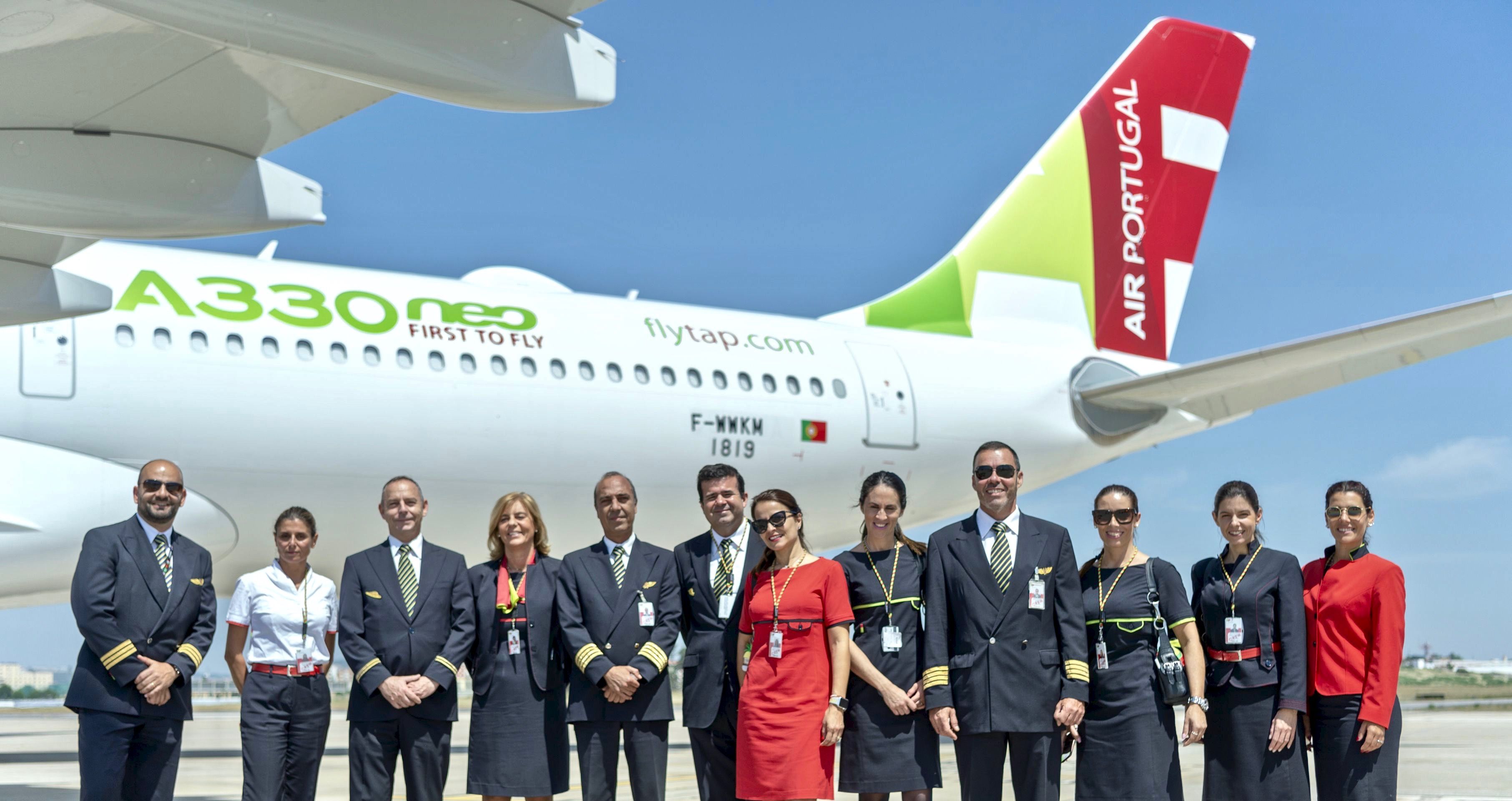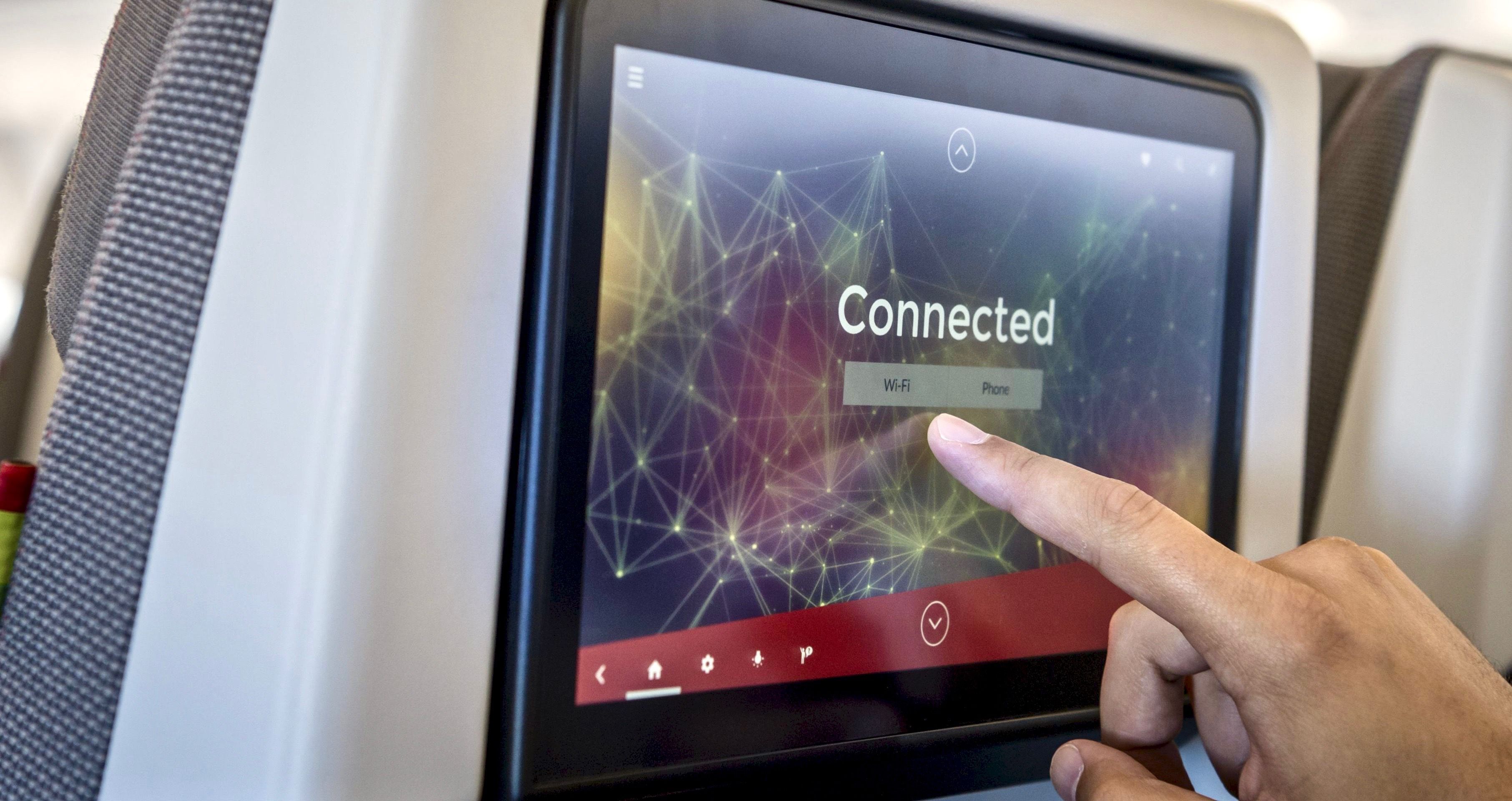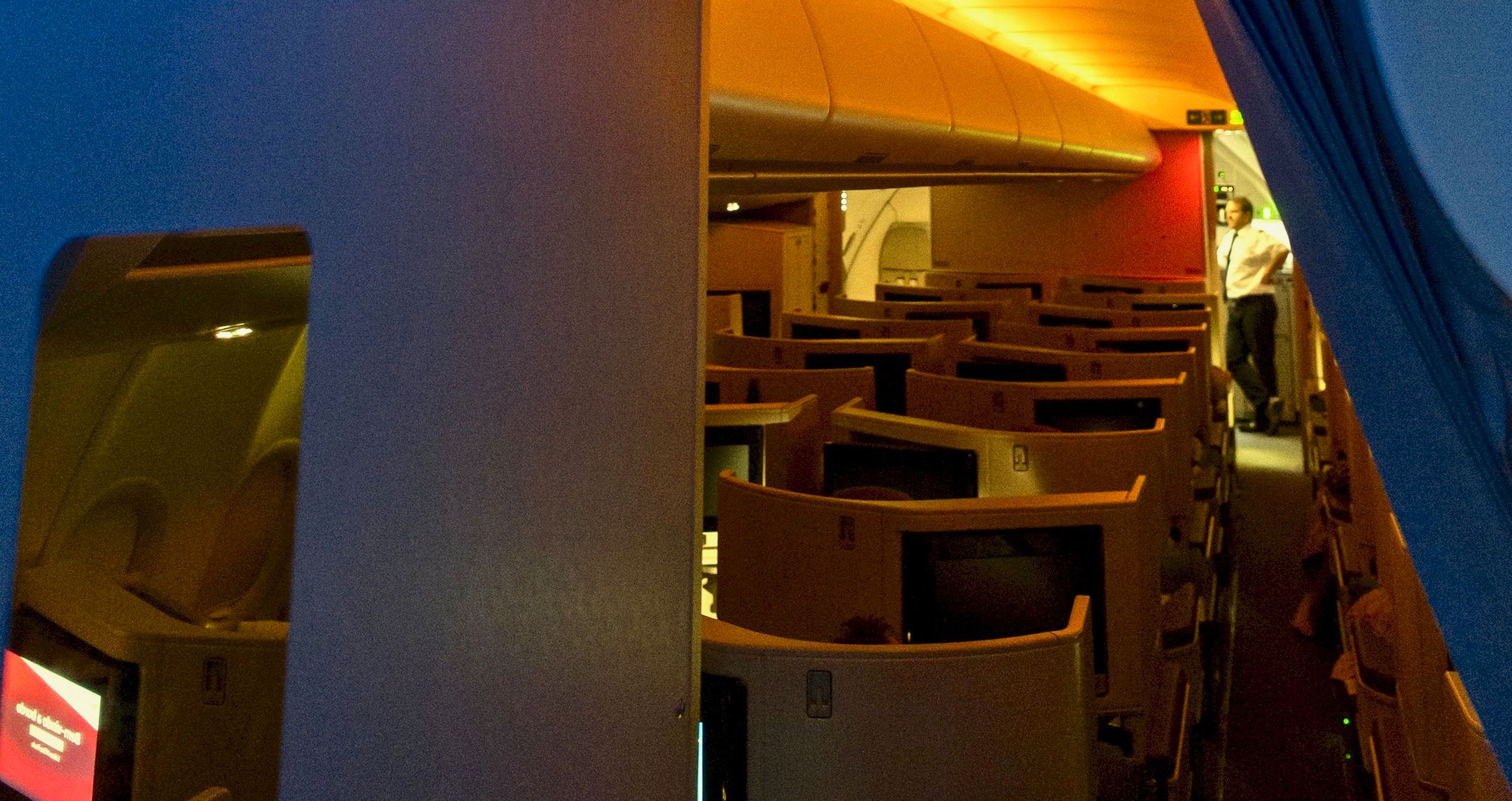Airbus will soon unveil its new A330-900neo aircraft. Last week, the manufacturer completed its “route proving flights” for the long-haul twin-engine jet, which tested flights for distance and conditions, including cold weather over Kazakhstan, hot air over Mexico, and strong winds over Ireland.
The new plane will be marketed as a fuel-efficient alternative to current aircraft. The “neo” stands for “new engine option,” which is a Rolls-Royce Trent 7000, designed to consume less fuel on long hauls. The wingtip Sharklets increase lift and reduce drag, which allows the plane to glide with less effort.
The cabin of the A330-900neo can carry 287 passengers in a standard three-class configuration. Airbus has claimed the new plane affords one of the calmest flying experiences ever with an improved cabin that minimizes noise during sleep. The bathrooms include calming lighting, antibacterial surfaces, air fresheners and surround sound music.
According to Airbus, "This jetliner – an A330-900 version in the livery of TAP Air Portugal, the jetliner’s launch operator – is equipped with a three-class Airspace by Airbus cabin that offers more personal space for passengers, bigger luggage bins, the latest generation in-flight entertainment, wireless connectivity and full LED ambient lighting to reduce jetlag."
"No detail has been spared when it comes to creating a comfortable environment for passengers that offers more space everywhere – with wide seats, a beautifully lit cabin and the latest generation in-flight entertainment, plus email and Wi-Fi capabilities.
"Whether it’s short, medium or long-haul, everyone can simply settle in and enjoy their flight with all the comfort and technology with which they are accustomed to on the ground."
The plane will enter service later this year with TAP Air Portugal. The airline has already ordered 21 jets, and the first seven are expected to join TAP’s fleet this year. The A330-900neo will arrive in the US next year. Delta has ordered 25 planes for transatlantic and transpacific routes. The new aircraft will replace the Boeing 767-300ER and provide a 20 percent savings in operational costs per seat.
RELATED: Airbus's New Plane May Make Flying To Europe Much, Much Cheaper
According to Airbus, “The Global Services Forecast predicts a US$4.6 trillion worldwide market for commercial aircraft services from 2018 to 2037. The new analysis is based on a three-way market segmentation, respectively focusing on the aircraft, the airline operation, and the passenger experience.”



